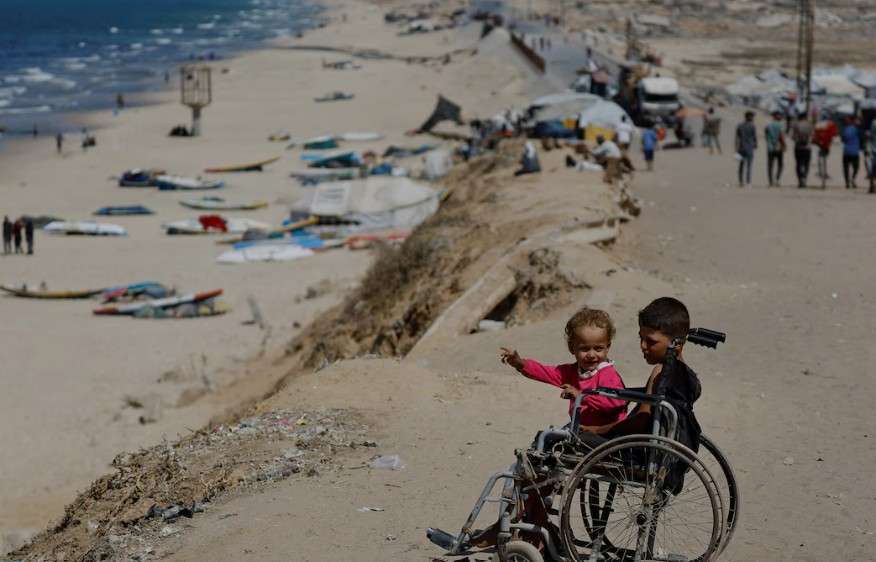US plan for Gaza faces backlash from UN commissioner

UN Commissioner Navi Pillay, who chaired the organisation’s inquiry that found Israel had committed the act of genocide in Gaza, condemned US President Donald Trump’s plan for Gaza for bypassing Palestinian leadership in transitional governance, the Middle East Eye reported on October 7th.
Pillay stressed that a proposed peace plan does not negate the commission’s finding of ongoing genocide, and that the plan’s structure effectively prioritizes Israeli security concerns over Palestinian self-determination. She emphasized that Palestinians should be central to any transitional authority, with autonomy over their territory rather than oversight by external actors.
Regional reactions have echoed similar concerns. Egypt expressed frustration that the Palestinian Authority (PA) has been sidelined in the plan, warning that Cairo would withhold participation in any post-war peacekeeping mission unless Palestinians are granted a meaningful governance role.

The plan instead proposes a transitional technocratic committee supervised by Trump and ex-British Prime Minister Tony Blair, raising doubts about its legitimacy.
Syria’s President Ahmed al-Sharaa on February 10th denounced Trump’s previous Gaza plan to buy and own the enclave as “a serious crime that will ultimately fail,” criticizing any attempt to transfer control of Gaza to external powers. He highlighted the enduring resilience of Palestinians, noting that prior attempts at displacement in the region have consistently failed.
The Gaza Strip has endured years of conflict, blockades, and humanitarian crises. According to Pillay, the proposed plan would preserve Israeli security control over Gaza, limiting the independence of Palestinian governance and raising concerns about the broader legality of the intervention. Regional and international observers have warned that the plan’s structure risks further instability, undermining both the prospects for lasting peace and compliance with international law.
The Trump administration has maintained that its initiative is aimed at stabilizing the region and supporting security, but critics argue it prioritizes political leverage over addressing the rights and sovereignty of the Palestinian people. The proposal faces significant hurdles before any implementation.
Middle East Eye, Maghrebi.org
Want to chase the pulse of North Africa?
Subscribe to receive our FREE weekly PDF magazine










